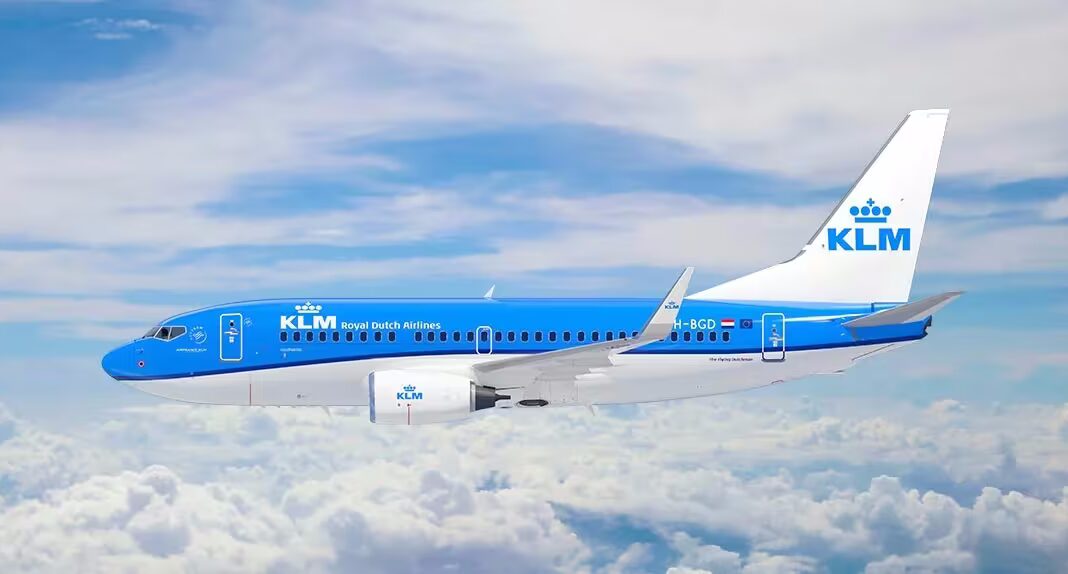Regulatory approval signals progress for manufacturer recovering from quality control failures, with MAX 7 and MAX 10 certification expected soon as backlog mounts.
The Federal Aviation Administration has approved Boeing to raise production of its 737 MAX jets to 42 aircraft per month, a regulatory milestone for the manufacturer as it works to overcome quality control setbacks and clear a substantial order backlog.
The approval represents an increase from the current monthly cap of 38 aircraft, which was imposed following a January incident in which an Alaska Airlines MAX 9 lost a door plug during flight. The National Transportation Safety Board investigation determined that several bolts securing the door plug had not been installed, a finding that exposed significant manufacturing oversights.
Boeing acknowledged the production increase Friday, stating in a release that the company appreciated the collaborative effort. “We appreciate the work by our team, our suppliers and the FAA to ensure we are prepared to increase production with safety and quality at the forefront,” the manufacturer said.
The approval comes at a critical juncture for Boeing as it pushes to certify two additional 737 MAX variants. The MAX 7 short-body and the stretched MAX 10 are expected to receive regulatory approval in the coming months, with mass production anticipated to begin next year. Southwest Airlines has ordered hundreds of the MAX 7, while carriers worldwide have expressed interest in the MAX 10.
Boeing initiated its acquisition of Spirit AeroSystems earlier this year, bringing production of approximately 70% of 737 MAX components under direct company oversight. The merger was initiated following the Alaska Airlines incident as part of Boeing’s strategy to strengthen quality assurance across its supply chain.
The company delivered the last aircraft from its storage lots this summer. Those jets had accumulated during the worldwide grounding that followed two fatal crashes in 2019. Lion Air and Ethiopian Airlines MAX 8 aircraft went down within six months of each other, killing 346 people. Investigations attributed the crashes to defects in the aircraft’s automated flight control system.
Boeing’s quality challenges have drawn sustained scrutiny since the 2019 accidents. The incidents triggered the longest commercial aircraft grounding in aviation history and nearly resulted in the company facing felony charges. Industry analysts have pointed to Boeing’s 1997 merger with McDonnell Douglas and the subsequent relocation of its headquarters from Seattle to Chicago as potential factors in a cultural shift that some say prioritized financial considerations over engineering excellence.
The FAA maintains continuous oversight of Boeing’s manufacturing operations. The agency has stated it will continue to monitor production quality and safety compliance as the manufacturer increases output.

Key Takeaways
- FAA approved Boeing to increase 737 MAX production from 38 to 42 aircraft per month following quality control improvements.
- Production cap was imposed after January Alaska Airlines door plug incident caused by missing bolts.
- Boeing acquired Spirit AeroSystems to bring 70% of MAX component production under direct oversight.
- MAX 7 and MAX 10 variants await certification with mass production expected next year.
- The 2019 crashes of two MAX 8 aircraft killed 346 people and triggered aviation’s longest grounding.



